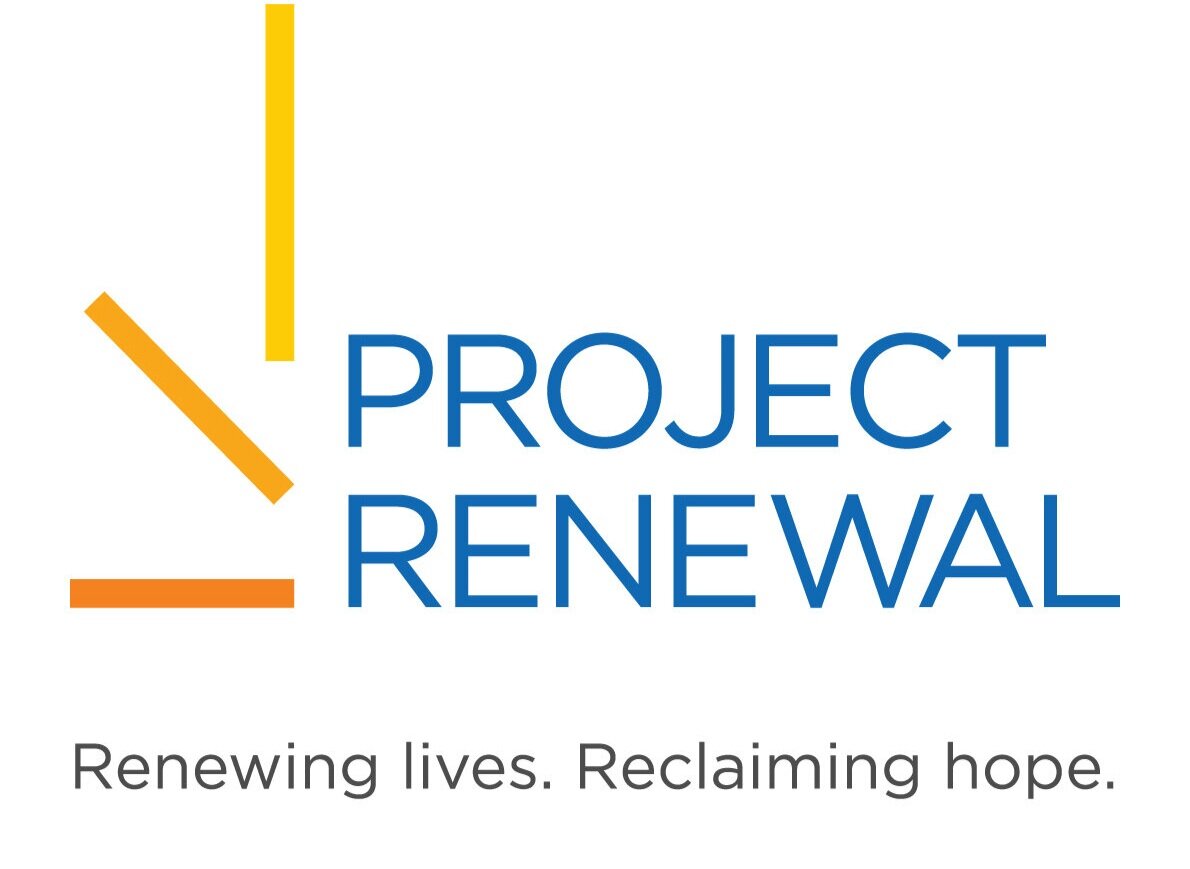Part I Q&A with Intern Ethan Balgley: Healthcare for the Homeless 101
/We met with Ethan Balgley, an intern for the past year with our mobile medical vans. this is part one of a two part series from that interview.
How did you come to Project Renewal?
As an AmeriCorps volunteer through the Avodah (the Jewish Service Corps) I wanted to get hands on front line work with clients and to be in a medical setting close to clinical work before going to medical school next year. Project Renewal was perfect for that.
The point of the AmeriCorps program is to develop leaders in urban poverty programs in the United States. I had focused on health disparities in urban poverty situations abroad so now I got to look at it in this country.
What is one thing you have learned this year?
Lack of housing and not actually a health problem at all because the lack of housing contributes to a host of problems. There is an idea in healthcare for the homeless of "housing as healthcare." This links urban policy at a more macro scale to micro level health problems that we see.
If you were telling a friend about what you do, how would you explain it?
I do outreach with homeless people at a non-profit called Project Renewal in their medical department where I work on mobile medical vans.
This is unique and exciting because it is an incredibly low barrier way to access care and the kind of care a lot of homeless people aren't going to get. Many people are familiar with the fact that they can walk into an emergency room and get care of a certain kind. Even though there is no barrier there in terms of insurance, often times people have to wait for hours and hours unless they are in danger of death.
At Project Renewal we go to the places where homeless people are--clinics in shelters (both our own shelters and others) as well as a mobile medical program that brings vans to where homeless people congregate such as soup kitchens and shelters without clinics inside. We don't require people to have health insurance, and we help them get signed up for Medicaid if they qualify.
We give them kind of medical care that they can't find anywhere else. There are a very limited number of places where homeless people can get primary care at all, there are community health centers, New York City hospitals, and private doctors. Many private doctors will not accept Medicaid, and they certainly won't accept uninsured patients. City hospitals and community health centers by and large have incredibly long wait times to get an appointment with a primary care doctor. To have a service where patients can walk up to the medical van the day of and come in and see a primary care doctor is amazing.
There are a few other organizations where a homeless person can do that but you can count them on one hand in a city the size of New York , so what we are doing is definitely unique and valuable.





